Being known, by someone, for something.
Bonza is all set to become Australia's newest airline in a domestic market currently dominated by Qantas and Virgin. Their strategy is far from new, but it requires a discipline many struggle with: a relentless focus on a very specific customer segment.
Knowing who your customers are and being consistently ‘targeted’ in all communication is nothing new – it’s where most sales and marketing strategies begin. But it’s not often where they end up.
Over time, this tightly-defined ‘ideal customer’ dilutes, segments are added together and the offer is expanded so that before long, the message is aimed at everyone. Or to put it more clearly: no one.
According to Seth Godin, ‘A book for everyone has no readers as no one thinks it is for them.’
I have seen this happen time and time again, from major brands to enthusiastic start-ups. I would painstakingly lead the initial customer work only to find it often unrecognisable some months later. Bland, diluted and generic, it was aimed at everyone – but connecting with no one.
Bonza’s strategy has already been proven to work in the airline sector, most notably with Southwest airlines and Ryanair.
Since Ryanair’s lowkey inception in 1984, they have been crystal clear on who their audience is: the fare-conscious customer. Those who would have chosen alternative transportation – or not travelled at all. They are now the fifth-largest airline in the world.
They have never tried to be anything more to anyone, other than that budget-conscious traveller who wants a no-frills service. The message is entirely clear: if you want frills, don't fly with Ryanair. Universally communicated from the advertising right through to the airline CEO, Michael O'Leary, we’ll always remember the infamous line. "Are we going to say sorry for our lack of customer service? Absolutely not.” Every piece of communication reinforces the message that you get what you pay for. And with Ryanair, you are not paying very much at all.
Now, you might be wondering whether this strategy alienates some people. Absolutely! And that is why it works.
This clear and direct messaging does indeed alienate some. But more importantly, it attracts those that matter most – and that’s the audience you want who need what you have. That’s who this message resonates with, and who values what they provide. Knowing your audience means you can speak directly to them and their specific needs. It’s a complete win-win – not just against other low-cost carriers like Easyjet, but against established airlines such as British Airways as well.
This is what good positioning is all about: being known, by someone, for something. That ‘someone’ is your greatest value customer and to whom your specific offer appeals the most.
Starting with the customer is the easy bit. Staying true to this, and having the confidence to stay focused – even to the point of excluding others – is where strategy meets with execution to deliver growth.
What do you want to be known for and by whom in order to grow in 2023?


